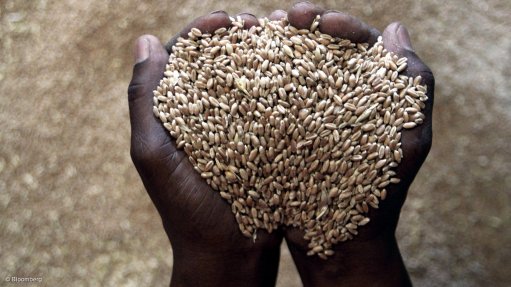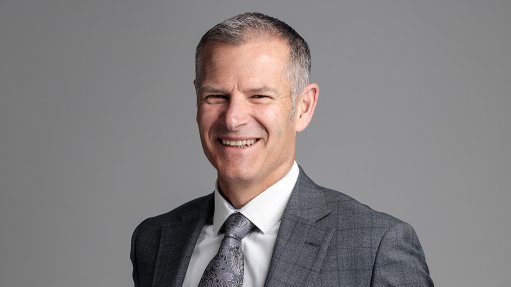Nelsonian knowledge
What do you understand the headline of this piece to mean? Hint: the phrase originates from across the ocean, where it was used by English judges. The Conglomerate of June 25, 2005, cites it in a quote attributed to Lord Millett, which he delivered in the House of Lords: “It is dishonest for a man deliberately to shut his eyes to facts which he would prefer not to know. If he does so, he is taken to have actual knowledge of the facts to which he shut his eyes. Such knowledge has been described as ‘Nelsonian knowledge’, meaning knowledge which is attributed to a person as a consequence of his ‘wilful blindness’ or (as American lawyers describe it) ‘contrived ignorance’.”
The phrase, first referenced as ‘blind-eye knowledge’, is attributable to Vice-Admiral Horatio Nelson, 1st Viscount Nelson, 1st Duke of Bronté (better known simply as Lord Nelson) holding a telescope to his blind eye and claiming to see no ships.
In cricket, the number 111 is called a Nelson, after Vice-Admiral Nelson, who, in addition to having only one eye, also had one arm and is said to have had one leg, but some argue that he never lost a leg. The number 111, as a cricket score, is superstitiously considered by some to be unlucky, although zero is statistically the unluckiest.
The takeaway is ‘wilful blindness’, which, in law, is considered ignorance of the law. It describes a situation in which a person seeks to avoid liability for a wrongful act by intentionally keeping himself or herself unaware of the relevant facts. But then ignorance of the law is not a defence.
Margaret Heffernan reminds us in her 2012 book, Wilful Blindness: Why We Ignore the Obvious, in which she cites the 2006 case of the US government versus Enron: “The presiding judge instructed the jurors to take account of the concept of ‘wilful blindness’ as they reached their verdict about whether the chief executives of the disgraced energy corporation were guilty. It was not enough for the defendants to say that they did not know what was going on; that they had not seen anything. If they failed to observe the corruption which was unfolding before their very eyes, not knowing was no defence.” The subsequent guilty verdict forever changed the business landscape in the US.
In her examination of ‘wilful blindness’, Heffernan concludes that, from infancy, we humans are taught to obey authority and absorb the importance of selective vision as a key social skill, as a consequence exacerbating our tendency to become institutionalised by joining organisations which are run by like-minded people. In the latter instance, the idiom ‘birds of a feather flock together’ applies.
In concluding this piece, let me refer to the famous definition of ‘insanity’ that was offered by Albert Einstein: “It is doing the same thing over and over again and expecting a different result.”
As the South Africa economy is clinging on to dear life and our government is doing everything possible to avoid descending into a self-created abyss, the last thing that the economy needs is like-minded thinkers or the inaction that we have witnessed on the economic policy front. As another famous Einstein quote reminds us, “the thinking it took to get us into this mess is not the same thinking that is going to get us out of it”.
The economic problems facing South Africa are near insurmountable. That is the reality. Government does not have the luxury of time; now is not the time to be seeking to publish academic solutions to South Africa’s ills. The ills are well known and well documented. It is time for government to open its eyes and acknowledge the existence of our economic ills.
From the works of Thomas Chalkley, published in 1713: “There are none so blind as those who will not see. The most deluded people are those who choose to ignore what they already know.”
Comments
Press Office
Announcements
What's On
Subscribe to improve your user experience...
Option 1 (equivalent of R125 a month):
Receive a weekly copy of Creamer Media's Engineering News & Mining Weekly magazine
(print copy for those in South Africa and e-magazine for those outside of South Africa)
Receive daily email newsletters
Access to full search results
Access archive of magazine back copies
Access to Projects in Progress
Access to ONE Research Report of your choice in PDF format
Option 2 (equivalent of R375 a month):
All benefits from Option 1
PLUS
Access to Creamer Media's Research Channel Africa for ALL Research Reports, in PDF format, on various industrial and mining sectors
including Electricity; Water; Energy Transition; Hydrogen; Roads, Rail and Ports; Coal; Gold; Platinum; Battery Metals; etc.
Already a subscriber?
Forgotten your password?
Receive weekly copy of Creamer Media's Engineering News & Mining Weekly magazine (print copy for those in South Africa and e-magazine for those outside of South Africa)
➕
Recieve daily email newsletters
➕
Access to full search results
➕
Access archive of magazine back copies
➕
Access to Projects in Progress
➕
Access to ONE Research Report of your choice in PDF format
RESEARCH CHANNEL AFRICA
R4500 (equivalent of R375 a month)
SUBSCRIBEAll benefits from Option 1
➕
Access to Creamer Media's Research Channel Africa for ALL Research Reports on various industrial and mining sectors, in PDF format, including on:
Electricity
➕
Water
➕
Energy Transition
➕
Hydrogen
➕
Roads, Rail and Ports
➕
Coal
➕
Gold
➕
Platinum
➕
Battery Metals
➕
etc.
Receive all benefits from Option 1 or Option 2 delivered to numerous people at your company
➕
Multiple User names and Passwords for simultaneous log-ins
➕
Intranet integration access to all in your organisation


















